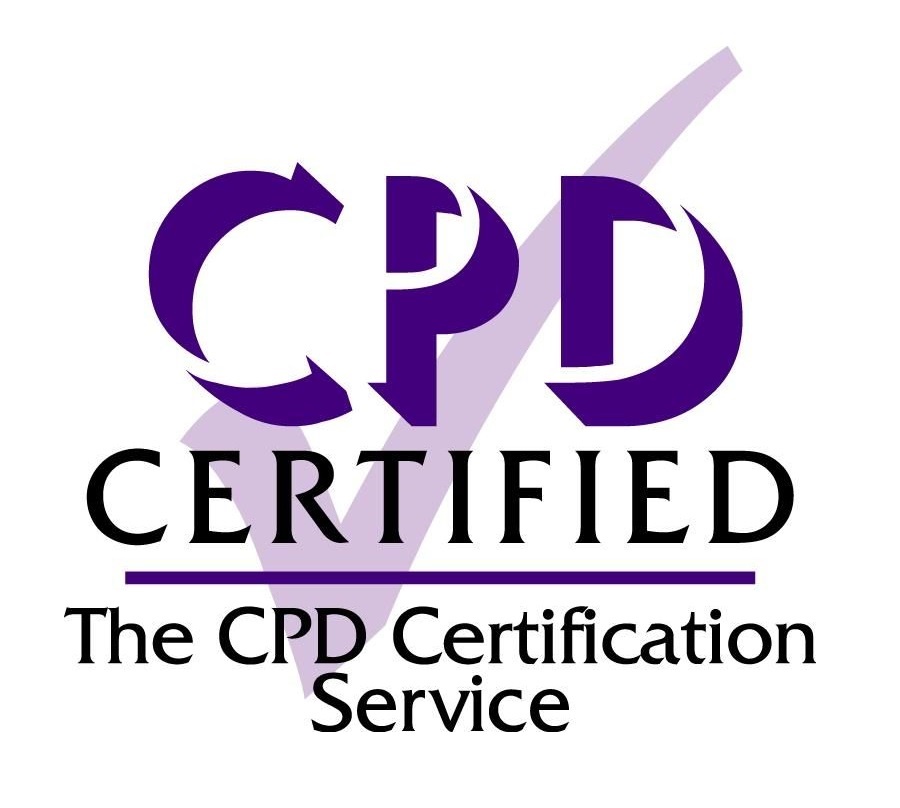Personal Impact and Presence for Leaders
This course is available as:
About the course
"The art of communication is the language of leadership." - James Humes
Empower your team to excel in leadership communication and have greater impact as a leader in this practical course with speaking exercises, role plays and the option of adding on 1-to-1 coaching sessions for further skills development.
In this course, your leaders will learn how to communicate strategically with execs and peers as they work on their presentation skills, influencing skills and gravitas. They’ll master the art of managing upwards and gaining buy-in on their ideas, as well as managing their team including navigating performance management conversations and sharing difficult messages.
What's covered?
Personal brand and building credibility
• Getting clear on your personal brand – building trust with execs and peers
• Communicating at the right strategic level for different audiences
Gravitas and influencing skills
• The 3 pillars of ‘executive presence’
• Techniques for building gravitas to be taken more seriously – voice, tone and language
• 6 principles of influencing and persuasion
Presentation skills and powerful communication
• Presentation skills – body language, vocal techniques and presenting etiquette
• Presenting in different formats – off-the-cuff speaking versus PowerPoint presentations
• Clear and consistent messages - speaking with clarity
• Creating memorable messages - using stories and analogies to land important points
Managing upwards
• How to pitch ideas to senior stakeholders
• Making difficult requests and agreeing forward action
• Handling questions and objections
Managing downwards
• Giving performance feedback to team members
• Sharing difficult messages – preparation, practice, clarity, consistency
What results will you see?
Leaders who attend this course report that they:
• Appreciate the opportunity to practise different scenarios and get out of their comfort zone
• Gain a 'toolkit' of communication skills for different challenges
• Understand how to engage and influence people at all levels



